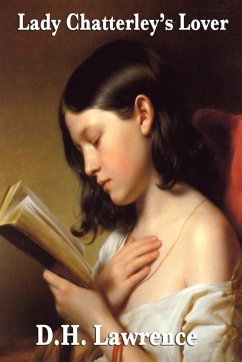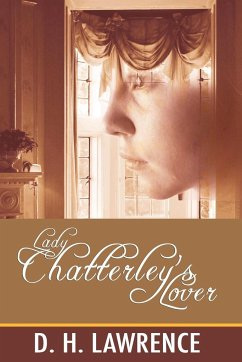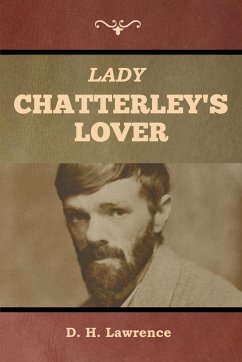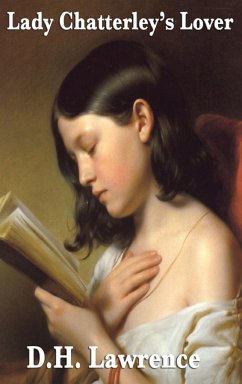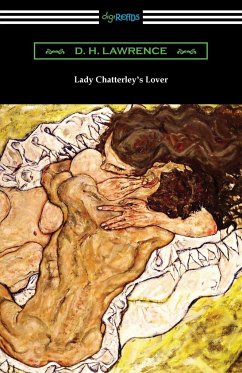
Lady Chatterley's Lover
Versandkostenfrei!
Versandfertig in 1-2 Wochen
16,99 €
inkl. MwSt.

PAYBACK Punkte
8 °P sammeln!
"Lady Chatterley's Lover" is D. H. Lawrence's controversial novel which tells the story of an aristocratic woman, Constance (Lady Chatterley), who has an affair with her estate's gamekeeper when her husband is paralyzed and rendered impotent. Central to the theme of the novel is the need for both physical as well as mental stimulation in order to feel complete as a human being. When the novel was first published publicly in its unexpurgated form in 1960, its publishers were famously brought up on obscenity charges for the novel's offensive language and explicit depictions of sexuality. The nov...
"Lady Chatterley's Lover" is D. H. Lawrence's controversial novel which tells the story of an aristocratic woman, Constance (Lady Chatterley), who has an affair with her estate's gamekeeper when her husband is paralyzed and rendered impotent. Central to the theme of the novel is the need for both physical as well as mental stimulation in order to feel complete as a human being. When the novel was first published publicly in its unexpurgated form in 1960, its publishers were famously brought up on obscenity charges for the novel's offensive language and explicit depictions of sexuality. The novel however was cleared of any obscenity charges when the jurors found that it had literary merit and for the first time it was allowed to be published without restriction. It has been argued by critics that it was not the sexual passages which caused so much a stir as it was the frankness in which Lawrence presents the novel's theme of man's search for wholeness in mind and body. For as Lawrence writes, "body without mind is brutish; mind without body... is a running away from our double being." Presented here is the original unabridged version first published privately in Florence in 1928 printed on premium acid-free paper.





